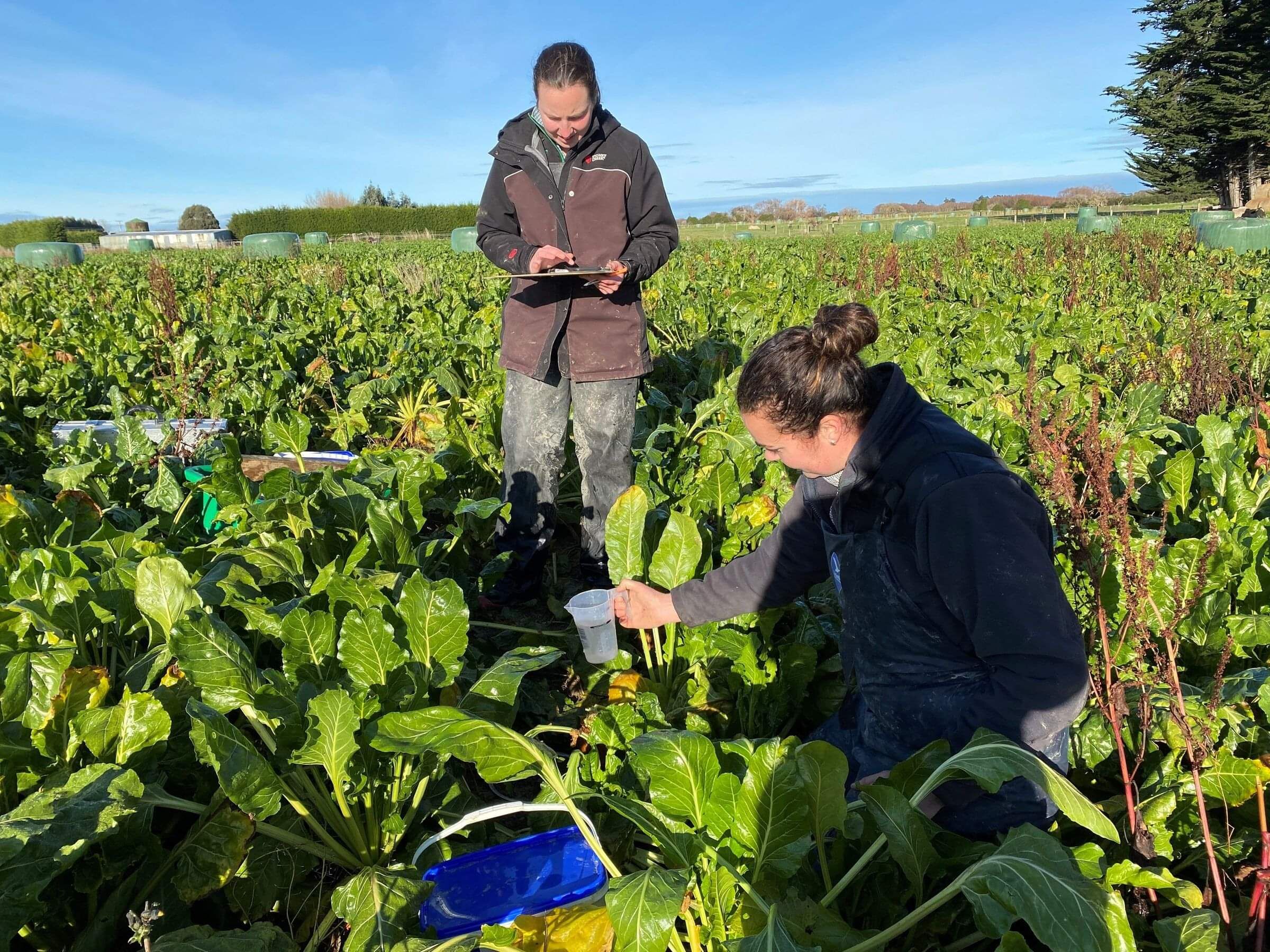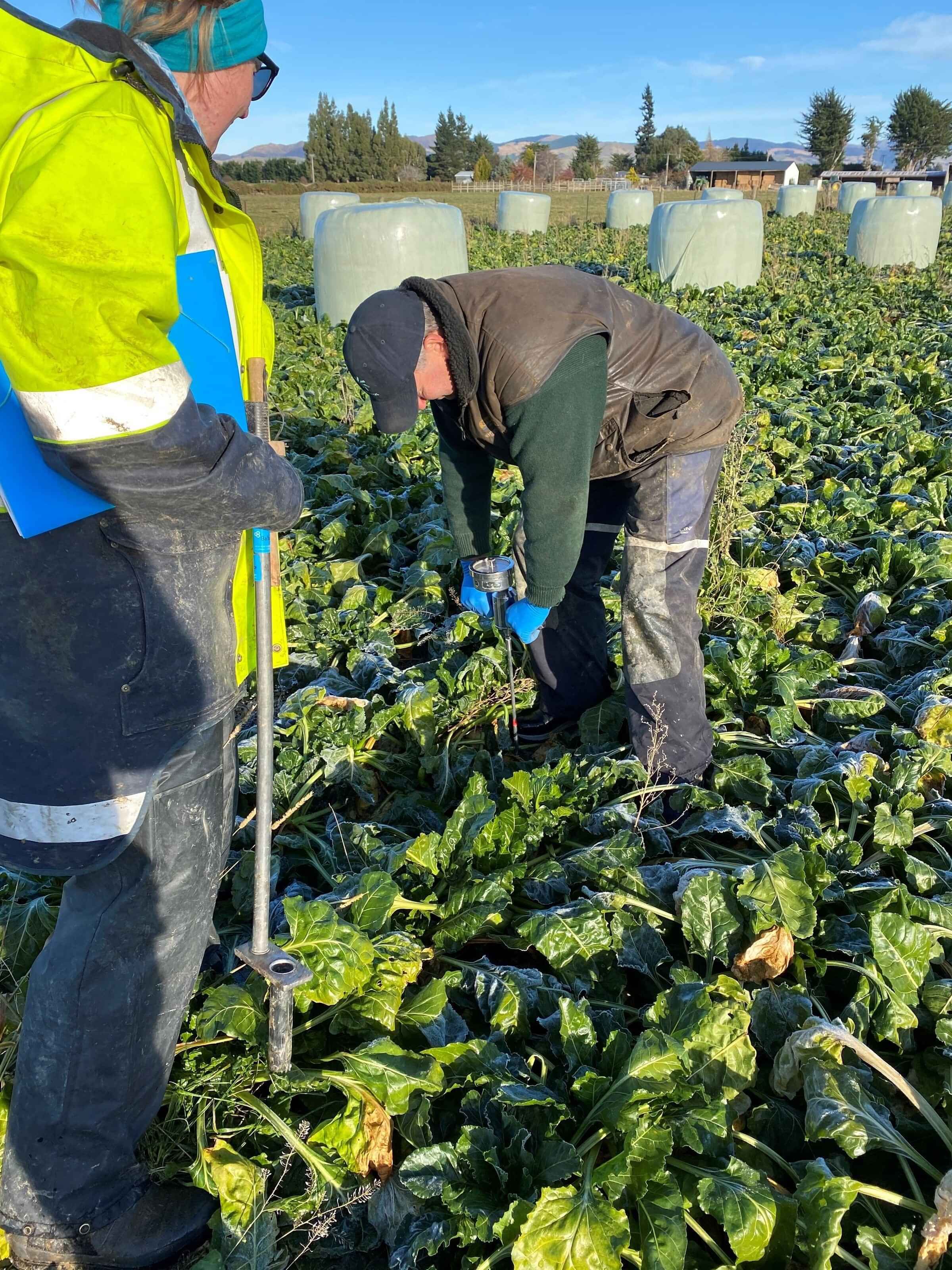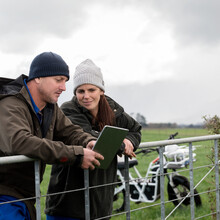Winter Crop Establishment Trial
Catchment Group:
Project:
Alternative crop establishment methods for better wintering outcomes
Funding:
$138,650 excl. GST
Period:
Mar 21 to Feb 22
Objectives
- Test whether utilising alternative crop establishment methods to conventional cultivation (e.g. direct drilling, strip tillage, air seeding, precision drilling etc) for fodder beet, swedes and kale, improves soil structure and strength, thereby reducing pugging and improving animal welfare during winter grazing.
- Gain real, practical on-farm information (in Southland conditions) about different aspects of winter grazing (e.g. cultivation, crop, soil condition and animal welfare) to support farmers in Southland (and across New Zealand) meet the upcoming Essential Freshwater Regulations.
- Provide information to support more detailed research into different aspects of winter grazing.
- Give the farming community and other interested parties the opportunity to see winter grazing trials on farms in Southland and get their questions answered.
Project Description
The initial concept for this project resulted from an experiment conducted at Southern Dairy Hub (SDH) in winter 2020 around investigating grazing behaviour and soil surface conditions in respect to winter cropping in Southland. The Hedgehope Makarewa Catchment Group were very keen to work with SDH and extend this trial work onto farms with alternative crops.
Members of the Catchment Group volunteered to be part of the trial and paddocks were selected on six farms - three commercial farms within the catchment and three outside. In spring 2020 farmers established split paddock crop establishment comparisons. During winter 2021 the different establishment methods were grazed simultaneously to remove weather conditions as a confounding factor in the results. The duration of the comparison will be dependent on final crop yields and mob sizes but the aim is for 4-6 weeks of monitoring.
Outcomes
- A field day/crop tour during winter 2021 to view the establishment comparisons and observe grazing aspects.
- Develop communication resources to update the Southland farming community and other interested parties on the progress and results of the trial.
- Provide guidelines on the impact of crop establishment methods on dry matter (DM) yield, cost/kg dry matter, crop quality and utilisation and soil conditions during grazing.
- If results from this pilot demonstration project prove to be promising, a proposal for more detailed research and demonstration will be submitted for Sustainable Food and Fibre Futures (SFFF) funding consideration.



